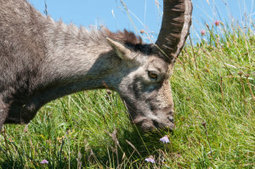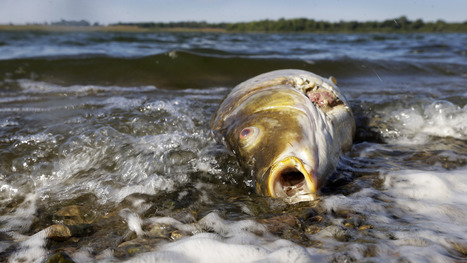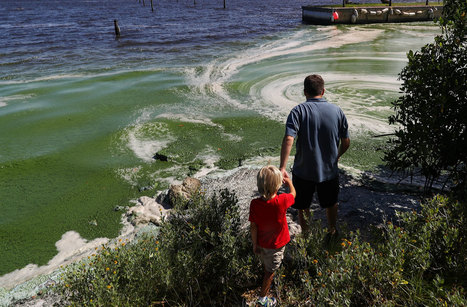North Carolina is being slammed by a succession of disasters triggered by Hurricane Florence. The latest scare is from coal plants, where pools of ash are at risk of spilling into already toxic waters.
Research and publish the best content.
Get Started for FREE
Sign up with Facebook Sign up with X
I don't have a Facebook or a X account
Already have an account: Login
Coastal management and restoration of our planet's coastlines with a particular focus on California, Louisiana and the Pacific. Emphasizing wetland restoration, aspects of agriculture in the coastal plain, fisheries, dealing with coastal hazards, and effective governance.
Curated by
PIRatE Lab
 Your new post is loading... Your new post is loading...
 Your new post is loading... Your new post is loading...
|
|
















